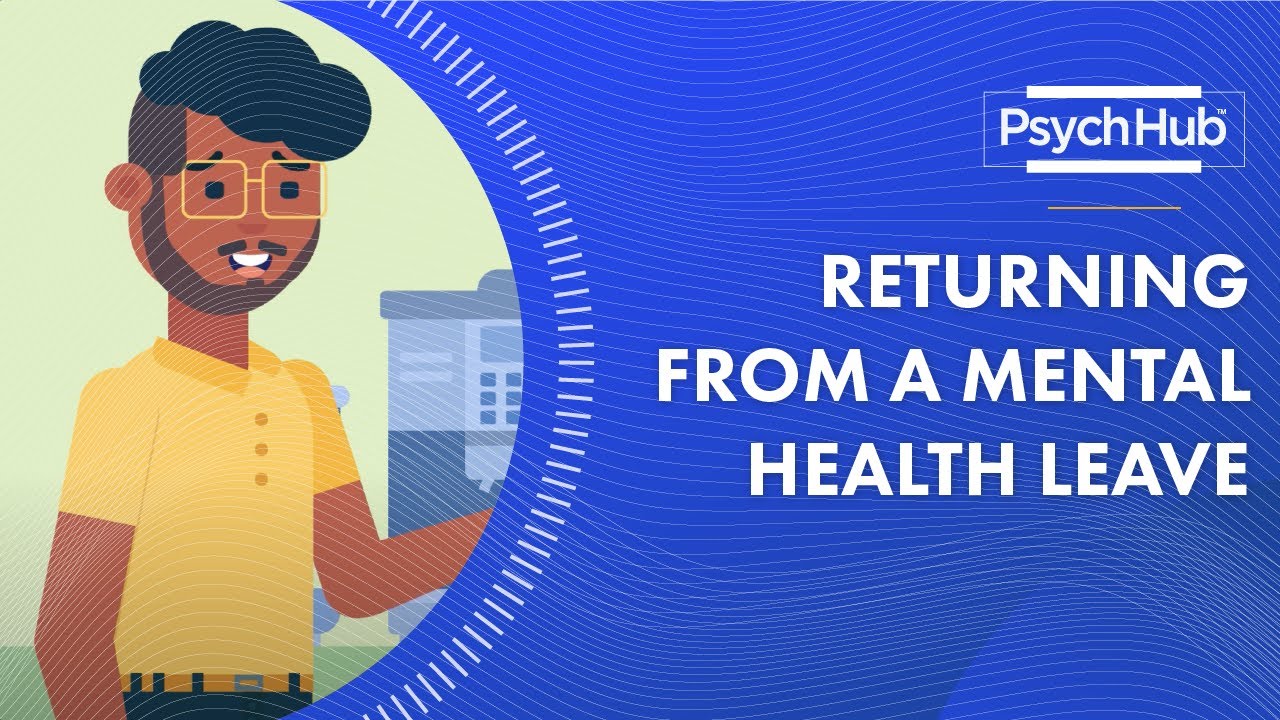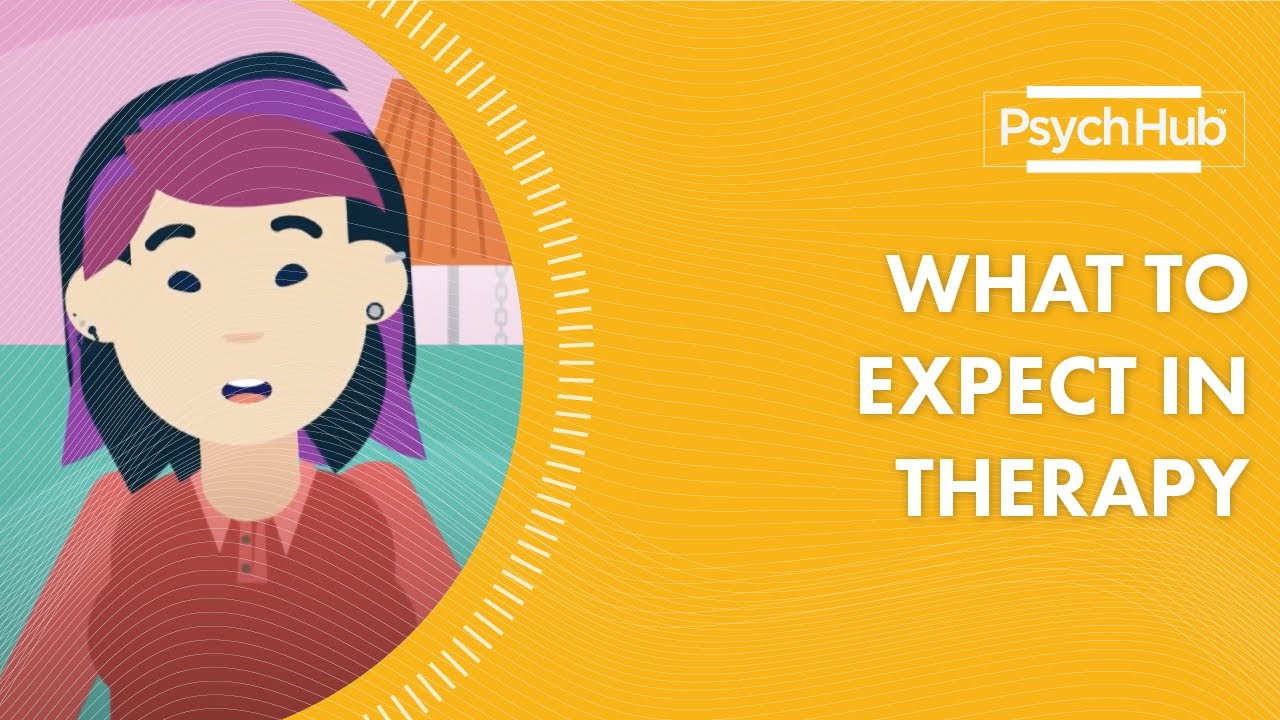Have you ever found yourself feeling guilty for experiencing happiness when others around you are going through tough times?

Mindful Moments: Happiness Guilt
You are not alone. Many people struggle with the complex feelings of guilt associated with their own happiness, particularly when they are surrounded by others who are suffering. This phenomenon, often termed “happiness guilt,” can lead to an internal conflict that can shadow your moments of joy and contentment. However, addressing this emotion with empathy and mindfulness can help you better understand and navigate these feelings.
Understanding Happiness Guilt
Happiness guilt often arises when you achieve a level of joy or success that others in your immediate circle, community, or the world are struggling to attain. This guilt can be particularly acute if you have an empathic disposition and are deeply connected to the experiences of others around you. The key to managing this type of guilt lies in recognizing it as a natural human reaction and exploring healthy ways to address it.
The Origins of Happiness Guilt
Happiness guilt typically stems from an awareness of the disparity between your circumstances and those of others. Cultural, familial, and societal influences can all contribute to this feeling. For instance, growing up in a culture or family where collective well-being is prioritized over individual joy can condition you to feel comfort and guilt simultaneously.
Psychological Perspectives
From a psychological standpoint, happiness guilt can be understood through the lenses of empathy and altruism. As human beings, you are wired for social connection and empathy. When you see someone suffering, your natural response is to feel compassion and a desire to help. When juxtaposed with your own happiness, this empathy can transform into guilt.
Mindfulness and Empathy
Practicing mindfulness can help you balance empathy and personal happiness. Mindfulness encourages you to be present and fully experience your emotions without judgment. By integrating mindfulness into your daily life, you can learn to observe your feelings of guilt without being overwhelmed by them. This can create a mental space where you can appreciate your joy while remaining empathetic to the suffering of others.
Techniques to Address Happiness Guilt
Self-Compassion
One of the most effective ways to address happiness guilt is by practicing self-compassion. Self-compassion involves treating yourself with the same kindness and consideration that you would offer to a friend. When you find yourself feeling guilty for your happiness, remind yourself that it is okay to feel joy. Acknowledge your feelings and gently remind yourself that your happiness does not detract from the empathy and support you can offer to others.
Perspective-Taking
Perspective-taking is another useful technique. This involves taking a step back and considering your happiness in the context of the larger picture. Recognize that everyone has their unique journey, and your happiness is a part of the interconnected web of human experiences. By widening your perspective, you can appreciate your moments of joy without diminishing the compassion you feel for others.
Gratitude Practice
Cultivating gratitude can also help counteract happiness guilt. Regularly reflect on the aspects of your life that you are grateful for. This practice can help you ground yourself in positive emotions and reduce the feelings of guilt associated with happiness. By focusing on gratitude, you can strengthen your capacity to enjoy your good fortune while remaining aware of others’ challenges.
Balancing Joy and Empathy
Striking a balance between personal joy and empathy is essential. One way to achieve this balance is by actively contributing to the well-being of others. Whether through volunteering, offering support to a friend in need, or participating in community activities, acting on your empathy can reduce feelings of guilt while promoting a sense of connectedness and shared humanity.
Mindfulness Exercises
Integrating simple mindfulness exercises into your daily routine can be highly beneficial. Consider the following exercises:
-
Mindful Breathing: Take a few minutes each day to focus on your breath. Inhale deeply and exhale slowly, paying attention to the sensations of breathing.
-
Body Scan: Conduct a body scan meditation, where you mentally scan your body from head to toe, observing any areas of tension or relaxation.
-
Loving-Kindness Meditation: Practice loving-kindness meditation by silently repeating phrases of goodwill to yourself and others. For example, “May I be happy, may others be happy.”
The Role of Social Connections
Your social connections play a significant role in how you experience and manage happiness guilt. Sharing your feelings with trusted friends or family members can provide a sense of relief and validation. Engaging in meaningful conversations about happiness, guilt, and empathy can foster mutual understanding and support.
The Impact of Social Media
In today’s digital age, social media can amplify feelings of happiness guilt. Constant exposure to curated snapshots of others’ lives can create a distorted perception of reality and lead to comparisons that trigger guilt. It is important to approach social media mindfully, recognizing that it often portrays an incomplete picture of people’s lives.
Building Supportive Networks
Cultivating a supportive network of individuals who understand and empathize with your feelings can be incredibly valuable. Surround yourself with people who encourage open and honest discussions about emotions and who celebrate your happiness without judgment.
Setting Boundaries
Establishing healthy boundaries is also crucial. If certain interactions or environments consistently evoke feelings of guilt, consider setting boundaries to protect your emotional well-being. This might involve limiting exposure to specific social media platforms or re-evaluating relationships that consistently undermine your sense of happiness.
Embracing Imperfection
Part of the struggle with happiness guilt is the underlying belief that you must somehow justify your happiness or that you should not experience it fully due to the suffering of others. Embracing the imperfection of human experience means accepting that it is possible to hold multiple emotions simultaneously. You can feel joy for your accomplishments while also feeling compassion for others’ struggles.
The Cultural Context
Cultural norms can significantly influence how you perceive and experience happiness guilt. In some cultures, individual happiness is often viewed through the lens of collective well-being. Understanding the cultural context of your feelings can provide insights into their origins and help you navigate them with greater awareness.
Challenging Negative Beliefs
Often, happiness guilt is fueled by deeply ingrained negative beliefs about worthiness and deservingness. Challenging these beliefs is an essential step in addressing guilt. Reflect on the origins of these beliefs and consider how they may have been shaped by past experiences or societal influences. By questioning and reframing these beliefs, you can create a healthier mindset that allows you to embrace your happiness more fully.
![]()
Practical Applications of Mindfulness in Daily Life
Integrating mindfulness into your daily routine can enhance your ability to manage happiness guilt effectively. Here are practical ways to apply mindfulness:
Mindful Morning Routine
Begin your day with a mindful morning routine. This could include a few minutes of meditation, setting positive intentions for the day, or engaging in gentle stretching exercises. Starting your day with mindfulness can set a positive tone and help you approach your emotions with greater clarity.
Mindful Eating
Practice Mindful Eating by savoring each bite and paying attention to the flavors, textures, and sensations of your food. This can ground you in the present moment and foster a greater appreciation for the simple joys in life.
Mindful Breathing Breaks
Throughout your day, take short mindful breathing breaks. Pause for a few moments, close your eyes, and take several deep breaths. These breaks can help you reset and reconnect with your inner sense of peace.
Mindful Journaling
Maintain a mindfulness journal where you can reflect on your thoughts and feelings without judgment. Use this journal to explore your experiences of happiness guilt, gratitude, and compassion. Writing can be a therapeutic practice that helps you process your emotions constructively.
Engaging in Mindful Activities
Incorporate mindfulness into activities you enjoy. Whether it’s walking in nature, listening to music, or engaging in creative pursuits, bringing mindful awareness to these activities can enhance your sense of joy and reduce feelings of guilt.
Case Studies: Real-Life Experiences
Understanding how others have navigated happiness guilt can offer valuable insights and inspiration. Here are a few case studies that illustrate different approaches to managing this complex emotion:
Case Study 1: Sara’s Journey with Happiness Guilt
Sara, a young professional, found herself overwhelmed with guilt after receiving a significant promotion at work. She knew her friends were struggling with job insecurity and felt undeserving of her success. Through mindfulness practices and self-compassion exercises, Sara learned to embrace her achievements while supporting her friends through their challenges. By acknowledging her feelings and practicing gratitude, she found a healthier balance between personal joy and empathy.
Case Study 2: Mark’s Experience with Social Media
Mark often felt happiness guilt triggered by social media. He would see posts about his friends’ hardships while experiencing moments of happiness in his own life. To address this, Mark limited his time on social media and focused on building deeper, face-to-face connections with his friends. This shift allowed him to engage in more meaningful conversations and reduce the pressure to compare his life to others’. Through mindfulness and selective social media use, Mark found a way to appreciate his happiness without feeling guilty.

The Path to Healing and Acceptance
Healing from happiness guilt is a continuous journey that requires patience and self-compassion. By integrating mindfulness into your daily life and practicing empathy towards yourself and others, you can navigate this journey with greater ease. Remember that it is possible to experience happiness while remaining deeply connected to the experiences of those around you.
The Role of Professional Support
If feelings of happiness guilt are significantly impacting your well-being, seeking professional support can be beneficial. Therapists and counselors can provide guidance, tools, and strategies to help you navigate complex emotions and develop a healthier relationship with happiness.
Celebrating Your Progress
It’s important to celebrate your progress, no matter how small. Acknowledge the steps you have taken to address happiness guilt and appreciate the positive changes in your mindset. Celebrate your moments of joy without guilt, knowing that your happiness can coexist with your empathy and compassion for others.
Conclusion
Happiness guilt is a multifaceted emotion that can be challenging to navigate. However, by practicing mindfulness, self-compassion, and empathy, you can find a harmonious balance between your personal joy and the compassion you feel for others. Embrace the journey of understanding and healing, knowing that your happiness is a valuable and integral part of the human experience. In doing so, you can cultivate a life filled with mindful moments and genuine connections.




